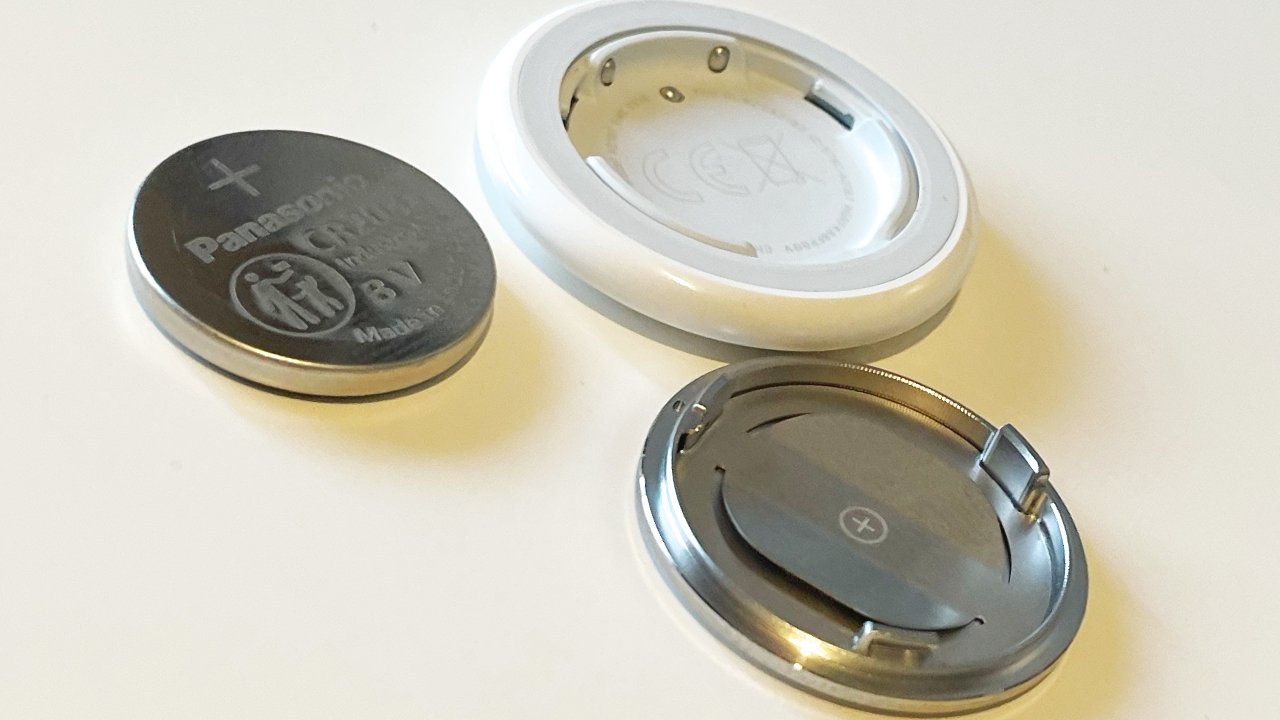An interoperable Bluetooth tracker abuse prevention system was expected to roll out by the end of 2023, and a post from Google on Thursday seemingly points the finger at Apple as to why it hasn’t arrived yet.
A new “Find My Device Network” was proposed earlier in 2023, and a joint standard draft has already been released. However, Google says that it is waiting on Apple for the roll-out of a wider system.
“At this time we’ve made the decision to hold the rollout of the Find My Device network until Apple has implemented protections for iOS,” Google said in a post.
Given that the spec is supposed to remain open for comment and addition through mid-August, it’s not clear why Google has chosen to single out Apple in this particular manner.
Interoperability between Bluetooth trackers is coming, but when is the question
On May 2, 2023, Apple and Google jointly submitted a proposed industry specification for what will be part of Google’s “Find My Device Network.” That standard will eventually allow Bluetooth location tracking devices to be compatible with unauthorized tracking detection systems and alerts across both iOS and Android.
Tracking devices rely on specific device ecosystems to work, such as iPhones and the Find My network for AirTag. However, notifications are also device-dependent, so iPhone users will see anti-stalking notifications if an extra AirTag is in their bag, but an Android device wouldn’t, other than occasional beeps from the AirTag itself.
The standard is intended to make iPhone and Android users both get the warnings, regardless of whether the tracker is an AirTag or another compatible with Android.
“Apple launched AirTag to give users the peace of mind knowing where to find their most important items,” said Ron Huang, Apple’s vice president of Sensing and Connectivity during the launch. “We built AirTag and the Find My network with a set of proactive features to discourage unwanted tracking — a first in the industry — and we continue to make improvements to help ensure the technology is being used as intended.”
Google has essentially the same opinion on the system and potential interoperability.
“Bluetooth trackers have created tremendous user benefits, but they also bring the potential of unwanted tracking, which requires industrywide action to solve,” said Dave Burke, Google’s vice president of Engineering for Android. “Android has an unwavering commitment to protecting users, and will continue to develop strong safeguards and collaborate with the industry to help combat the misuse of Bluetooth tracking devices.”
The specification was submitted as an Internet-Draft through the Internet Engineering Task Force (IETF), a standards development organization. The specification is open until August for review and comment from external parties.
At the time, the joint release said Apple and Google will address feedback and make adjustments after the period has ended. It has not expired as of yet.
A production implementation of the specification was said to be due by the end of 2023. The release period was said to be in future releases of both iOS and Android.
Other companies have also expressed support for the initiative, including Samsung, Tile, Chipolo, eufy Security, and Pebblebee. Not all of these companies have responded to the draft as of July 27.
This story originally appeared on Appleinsider

